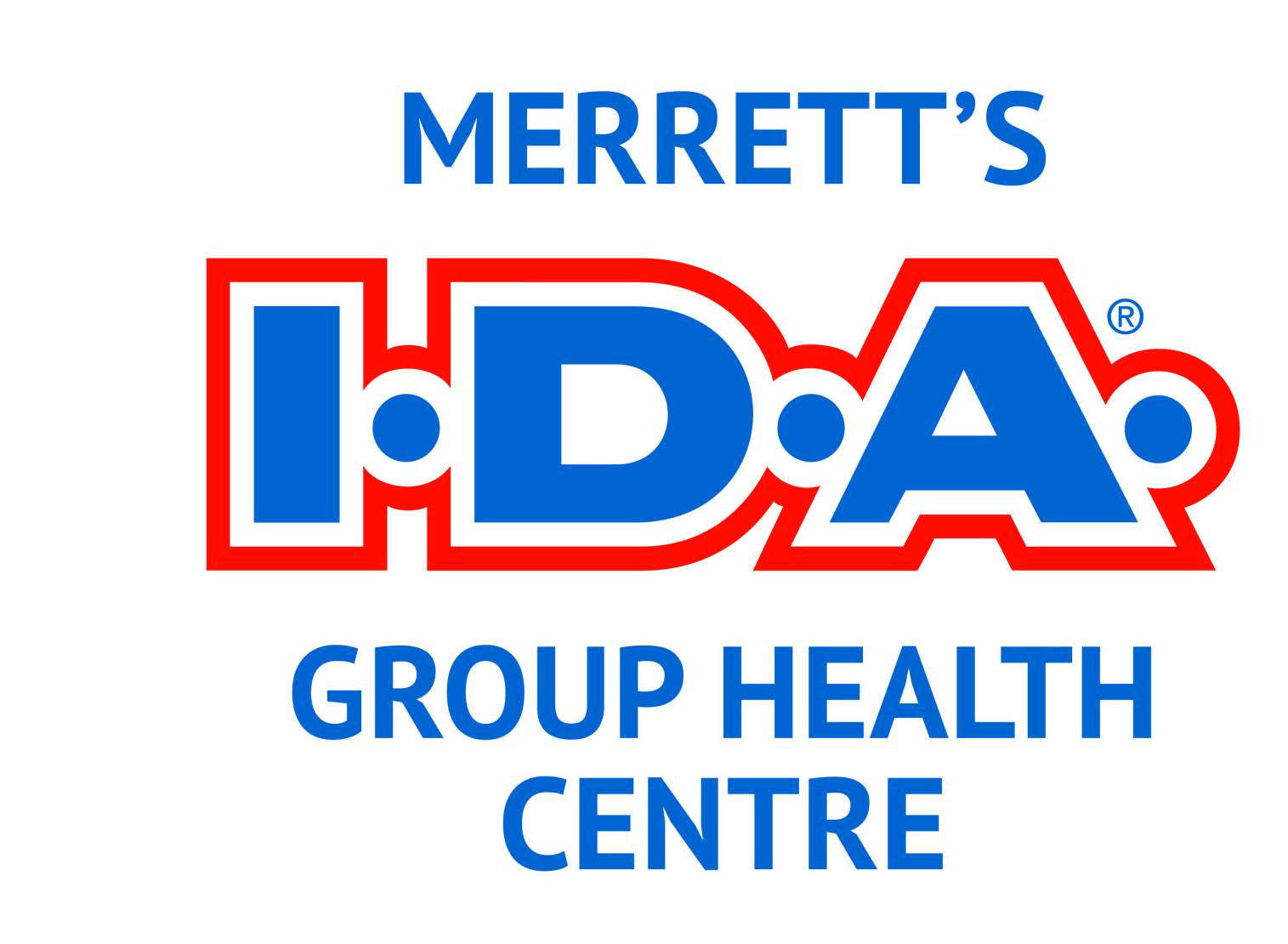Adjusting Prescription Medications
Did you know that when you get a new prescription or prescription renewal, your pharmacist may adjust your dose or dosage or change the drug form? Learn more about how your pharmacist makes it easier for you to take your medication.
Whenever required for your health, your pharmacist will adjust your prescription and notify your doctor. For example, if the prescribed dose is too high and could cause side effects, your pharmacist will reduce the dose for a period of time to make sure you can tolerate the drug. Depending on your age and the health of your kidneys or liver, your pharmacist will also adjust doses to ensure your safety. In addition, your pharmacist may make changes such as adjusting the number of pills you take to make it easier for you to manage your medication.
In other situations, your pharmacist will increase or reduce your medication dose to help you reach the treatment targets established with your doctor. This is the case for medications for health problems like hypertension, diabetes, high cholesterol, thyroid problems and migraines, as well as for anticoagulant management (e.g., CoumadinTM).
Your pharmacist may also adjust the dosage or form of your prescribed drug to make it easier to take. For example, you may get the drug in a liquid or chewable form if you have trouble swallowing tablets. Your pharmacist could also recommend that you take your medication in the evening instead of the morning if it causes drowsiness.
Your pharmacist is your medication specialist and is there to make sure your medication works for you.
